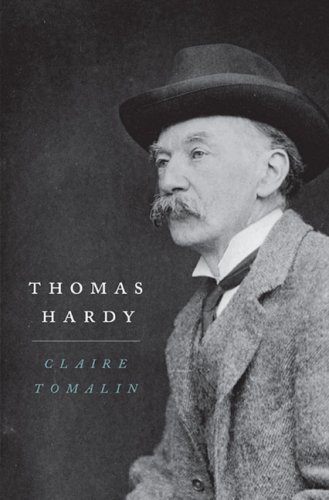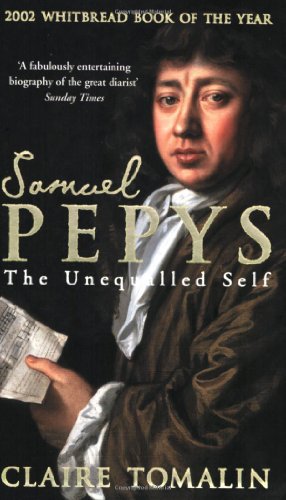


But the groping, sexual assault and pursuit of young women and girls makes for difficult reading at times. Reading Tomalin's book I found myself drawn into an incredibly detailed account of Pepys' life and times. In his own household he launched himself routinely on the young women who served as his wife's companions. She seems to have been accustomed to such treatment there was no age of consent, and her mother was perfectly willing to hand her over and she to cooperate with Pepys but to us she appears as a child victim, and by today's standards what he did would have earned him a prison sentence. Young girls were his regular targets, some apparently pre-adolescent, like 'little Mrs Tooker', the 'very pretty child' he made fee with in his lodgings during the plague winter of 1665. While acknowledging that Pepys lived in very different times, it is deeply uncomfortable to read about his sexual exploits, which included targeting of children. He visited prostitutes and slept with the wives of subordinates who hoped to get promotions.

He hit his wife, and recorded it in his diary. As a young man, Pepys was at the execution of Charles I, he began working at the Naval Office during the Cromwellian wars with Europe and than for Charles II and James II after the restoration.īut Pepys' diary and Tomalin's diary also show a man who we would find deeply unpleasant today. As Tomalin draws out, his life before and after the diary, straddled a period of English history that saw momentous changes. Those, like me, whose knowledge of Pepys' life and diary was limited to the accounts he made of the Plague and the Great Fire of London will find Tomalin's biography illuminating. It was also an unashamedly honest account, and as such we see Pepys warts and all. As Tomalin points out, Pepys left an unparalleled and extremely detailed documentary record of a period of his life. When reviewing Claire Tomalin's biography of Samuel Pepys it is difficult not to fall into the trap of reviewing Pepys himself.


 0 kommentar(er)
0 kommentar(er)
